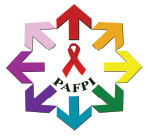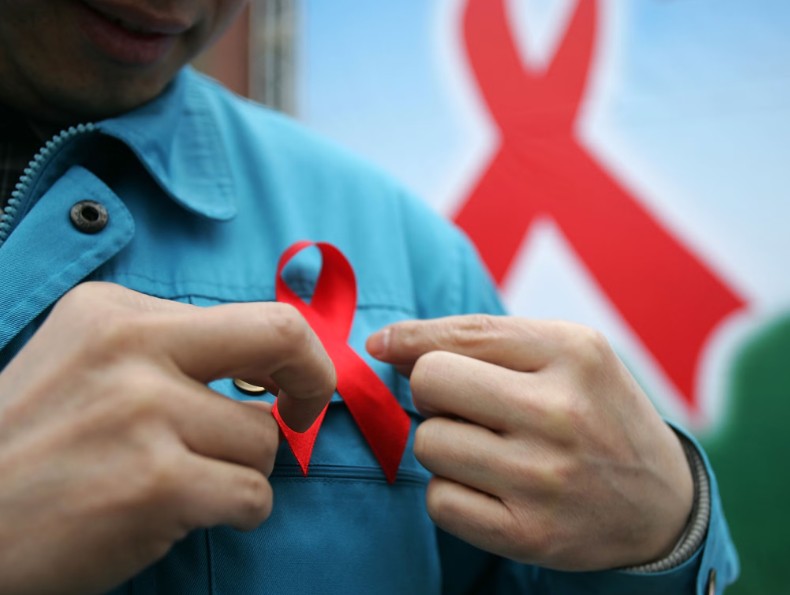Part 3 of Empathy Series Write Up: Empathy In action – How an HIV counselor use empathetic, non-judgmental, and culturally sensitive care to PLHIV (especially to PLHIV OFW).
An HIV counselor assumes a pivotal role in delivering support to individuals living with HIV (PLHIV), particularly those who are Overseas Filipino Workers (OFWs), by employing empathetic, non-judgmental, and culturally sensitive care. The following outlines the ways in which an HIV counselor can offer assistance:
1. Establishing Trust and Rapport:
Initial Meeting: The counselor extends a warm welcome to the OFW, acknowledging their potential feelings of isolation and fear. It is emphasized that all discussions remain confidential and take place in a secure environment.
Empathetic Listening: The counselor actively listens, enabling the OFW to express their emotions, fears, and concerns without interruption. The counselor validates and comforts the OFW, refraining from hastily providing solutions.
2. Offering Emotional Support through Psychosocial Intervention (PSI):
Normalizing Feelings: The counselor aids the OFW in comprehending that their emotions of fear, anger, sadness, or shame are entirely normal. For instance, they might convey, “Experiencing these emotions is natural, as many individuals undergo a variety of feelings after learning about their diagnosis.”
Addressing Stigma: The counselor explores the stigma surrounding HIV, notably in the context of being an OFW, and collaborates with the individual to develop coping strategies to combat potential discrimination.
3. Imparting Education and Information:
Clarifying Misconceptions: The counselor furnishes the OFW with precise and accurate information regarding HIV, encompassing transmission, treatment, and adopting a healthy lifestyle. Any misconceptions or misinformation held by the OFW are dispelled.
Explaining Treatment Options: The counselor engages in comprehensive discussions concerning antiretroviral therapy (ART) and the imperative nature of adherence. Emphasis is placed on the fact that with appropriate treatment, those living with HIV can lead long and healthy lives.
Cultural Sensitivity: In light of the OFW’s cultural background, the counselor elucidates medical terminologies and concepts in a manner that aligns with their cultural beliefs and practices. This ensures that the OFW feels respected and understood.
4. Developing Coping Strategies:
Emotional Resilience: The counselor assists the OFW in identifying their personal strengths and past instances where they have surmounted challenges. These experiences are utilized to cultivate emotional resilience. Additionally, the OFW’s support system is explored, with encouragement to maintain connections with family and friends.
Practical Support: The counselor collaborates with the OFW to construct a plan that effectively manages their work and health. This includes deliberations on disclosing their HIV status to employers or loved ones, if desired, as well as making arrangements for medical appointments.
5. Provision of Ongoing Support and Follow-up:
Regular Check-ins: The counselor arranges periodic follow-up sessions, either in person or through virtual means, to assess the emotional and mental well-being of the OFW. By providing a consistent support system, the OFW is assured that they are not alone in their journey. Crisis Intervention: In the event that an Overseas Filipino Worker (OFW) encounters a crisis, such as severe depression or discrimination, the counselor is readily available to offer immediate support by facilitating the situation and providing necessary connections to additional resources.
6. Empowering the OFW:
Encouraging Self-Advocacy: The counselor empowers the OFW by fostering their ability to advocate for their own health and overall well-being. This involves imparting skills to effectively communicate with healthcare providers, comprehend their rights, and seek support from community-based organizations.
Celebrating Progress: The counselor recognizes the OFW’s efforts and advancements, regardless of size, thereby reinforcing their self-worth and inspiring them to persevere.
7. Connecting with Resources:
Referral to Support Networks: The counselor connects the OFW with both local and online support groups, where they can interact with others who share their experiences. This is particularly valuable for OFWs who feel marginalized in a foreign country.
Legal and Social Support: If necessary, the counselor may provide referrals to legal aid or social services, especially for cases involving workplace discrimination or when assistance is required in navigating foreign healthcare systems.
Through the provision of holistic and empathetic support, an HIV counselor can make a profound impact on the lives of PLHIV OFWs, aiding them in managing their condition, maintaining mental well-being, and continually pursuing their goals despite the obstacles they encounter.
(In strong support of Filipino Migrant Workers 🙂)

